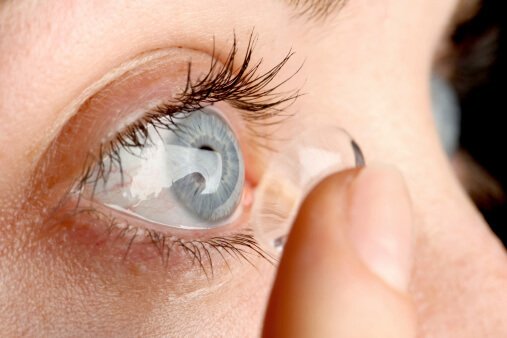In the intricate dance of raising children, parents often find themselves tuned into the subtle signals their kids send out through their behavior, appetite, and even sleep patterns. Yet, there’s a communicator often overlooked in the health dialogue: a child’s mouth. Beyond facilitating eating, speaking, and the occasional toothy grin, the state of a child’s oral health can be a revealing mirror of their overall well-being. From the first baby tooth to the emergence of adult molars, each milestone and mishap within the mouth’s confines tells a story, emphasizing the critical role of dental care from an early age.
Table of Contents
The Mouth: A Gateway to Health
The mouth’s health offers a snapshot of a child’s general well-being and developmental progress. Issues like delayed tooth eruption, excessive cavities, or even unusual breath can be early warning signs of broader health concerns. Recognizing these signs is the first step in addressing potential health issues, underscoring the importance of regular dental check-ups with professionals, such as a paediatric dentist Sydney, who are equipped to interpret these oral health clues within the larger context of a child’s overall health.
Reading the Signs: Oral Health Indicators
- Tooth Decay and Diet: Frequent cavities could signal a diet high in sugar but can also hint at nutritional deficiencies. A balanced diet is crucial not just for dental health but for overall development.
- Gum Health and Systemic Issues: Inflamed or bleeding gums might point to poor oral hygiene, but they can also indicate underlying conditions like diabetes, indicating the body’s broader struggles.
- Breath Changes: Persistent bad breath, despite good oral hygiene, can sometimes reflect gastrointestinal issues, hinting at problems beyond the mouth.
Nutrition and Teeth: A Two-Way Street
The connection between diet and dental health is well-documented, with sugary snacks and acidic drinks being the usual culprits behind cavities. However, this relationship is deeply reciprocal; the health of a child’s teeth can significantly impact their nutritional intake and, by extension, their overall development.
Supporting Nutritional Absorption through Oral Health
- Teeth Alignment and Digestion: Properly aligned teeth are crucial for efficient chewing, which is the first step in the digestive process. Misalignments can lead to inadequate food breakdown, impacting nutrient absorption.
- Pain-Free Eating: Dental issues like cavities or gum disease can make eating painful, potentially leading to avoidance of certain foods and resulting in nutritional gaps.
The Psychological Impact of Oral Health
A child’s smile does more than light up a room; it plays a significant role in their social development and self-esteem. Issues like visible cavities, misaligned teeth, or dental injuries can affect how children view themselves and interact with their peers, highlighting the importance of maintaining good oral health for psychological well-being.
Building Confidence from the Mouth Up
Ensuring children have access to proper dental care, including corrective treatments when necessary, supports not just their physical health but their emotional and social development as well.
The Role of Pediatric Dental Care
Pediatric dentists play a crucial role in interpreting the stories told by children’s mouths, offering tailored advice and treatment that considers the unique needs of growing individuals.
Beyond the Basics: Comprehensive Pediatric Dental Care
- Preventative Measures: Regular check-ups, cleanings, and sealants play a preventative role, warding off cavities and gum disease.
- Early Detection: Routine dental visits allow for the early detection of issues, from tooth decay to developmental anomalies, ensuring timely intervention.
- Education: Pediatric dentists are also educators, teaching both parents and children about the intricacies of dental care, from proper brushing techniques to the impact of diet on oral health.
Embracing Dental Hygiene: Tips for Parents
Fostering good oral hygiene habits from an early age sets the foundation for a lifetime of healthy smiles. Here are some strategies to make dental care a regular part of your child’s routine:
- Start Early: Even before the first tooth appears, gently clean your baby’s gums with a soft cloth, gradually introducing a toothbrush as teeth emerge.
- Make it Fun: Use toothbrushes and toothpaste that feature your child’s favorite characters, and turn brushing into a game to encourage enthusiasm.
- Lead by Example: Children mimic their parents, so make dental hygiene a family affair by brushing and flossing together.
The tales told by tiny teeth and gums extend far beyond cavities and braces; they whisper secrets about dietary habits, signal potential systemic issues, and reflect on a child’s self-esteem. As parents, paying close attention to these oral health indicators and maintaining regular visits to a paediatric dentist can unlock invaluable insights into your child’s overall well-being. In the grand narrative of health, a child’s mouth is not just a story of teeth and gums but a chapter that weaves into the larger book of their holistic health and happiness. As such, understanding the nuances of oral health becomes not just an act of care, but a profound investment in the holistic well-being of our children.
Top of Form





